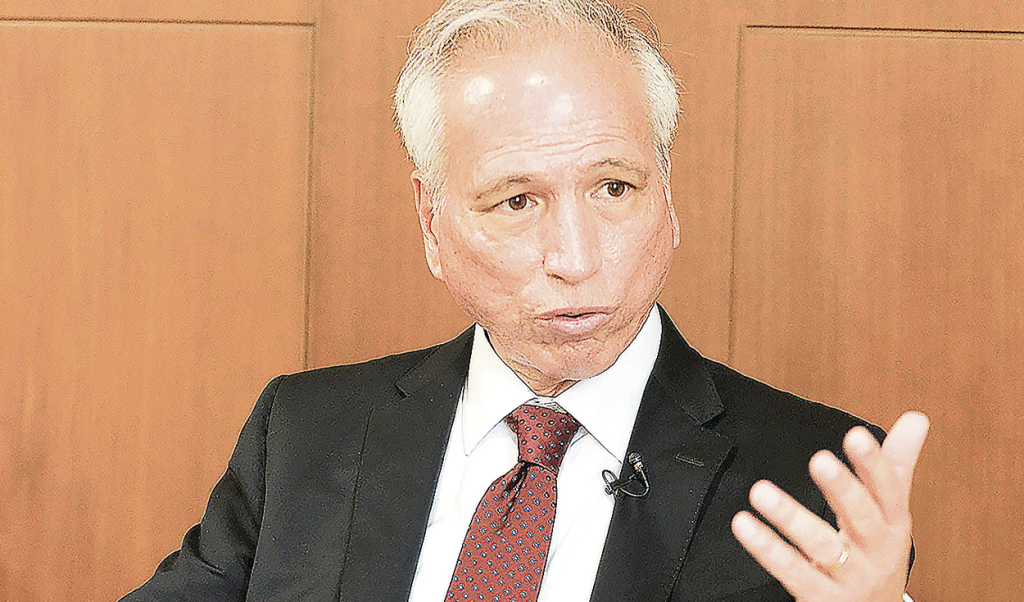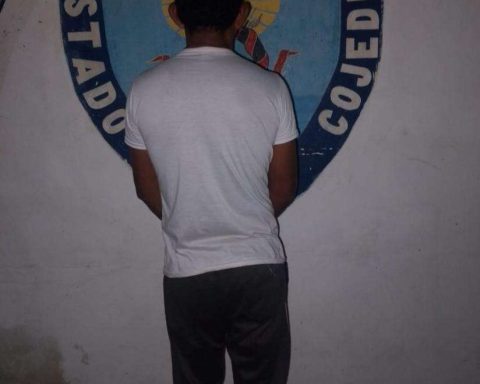Yesterday, Sunday, we witnessed a shameful and regrettable exercise of arbitrariness and improvisation in the Senate of the Republic. Through a “raffle” they determined that 711 people who currently head a court or make up a tribunal will be out of work as of September 1, 2025, yes, that is, they defined their continuity based on a raffle, judges who have years of experience, who have postgraduate degrees and specialties, who have developed a years-long career in justice, were selected from a raffle, and now their position will be subject to popular election.
In this way, the Judiciary will begin to lose human talent whose replacement, in terms of skills, experience and knowledge, will take years to replace. Let’s imagine that this happens in a private sector company, that its managers are fired from a “raffle.”
This is just the tip of the iceberg, the reform will have impact and costs regarding the administration of justice. There are thousands, probably millions, of matters that are currently in the courts being substantiated and with pending resolutions, some with more progress than others, but which are known to be known to people who have the merits – intellectual and professional – to be there. and issue a resolution.
Well, let’s forget about that, starting on September 15, 2025, a new group of judges will arrive to learn about these matters for the first time. Many of them have probably never prepared a ruling or done any jurisdictional work. Hopefully, they will have some knowledge about the matter of the court to which they were assigned, they will have a learning curve, like that of Minister Batres.
This will have a negative impact on the resolution times of trials, as well as on the criteria that are adopted, since the reform requires interpretation only in accordance with the letter of the law, and anyone who knows about legal matters knows that the law It does not give you all the answers to the conflicts that the judges know, so we will have to stick to what our new popularly elected judge, in an election probably with low participation, judges through his little experience and unproven capacity. This will generate a setback in the exercise of rights, which will bring a social cost that will have to be observed.

















